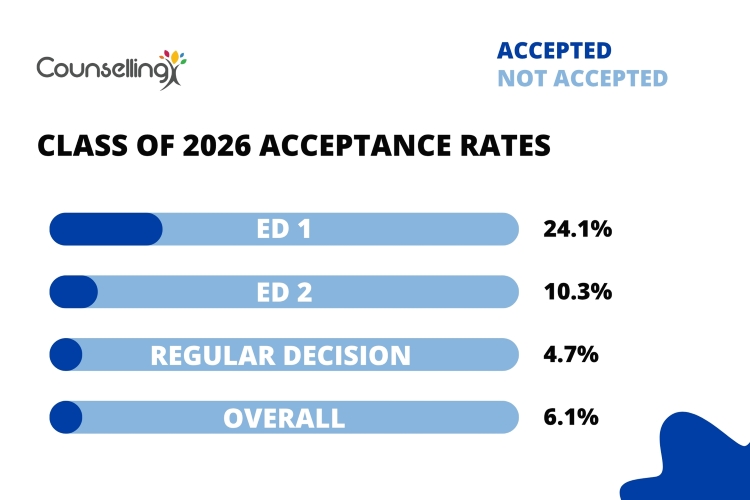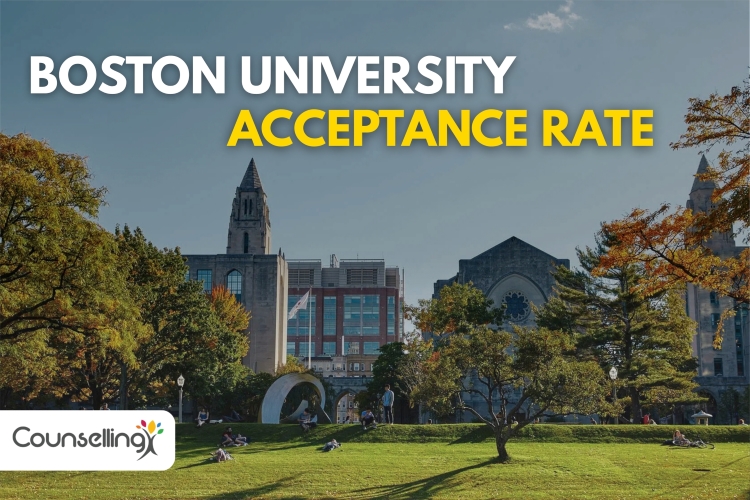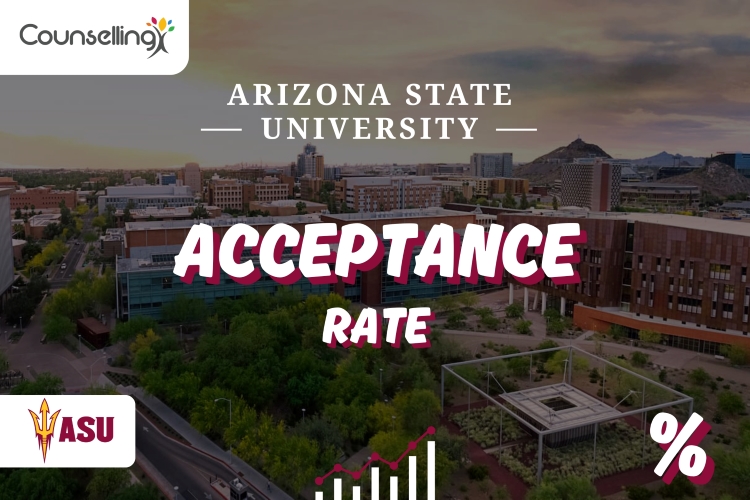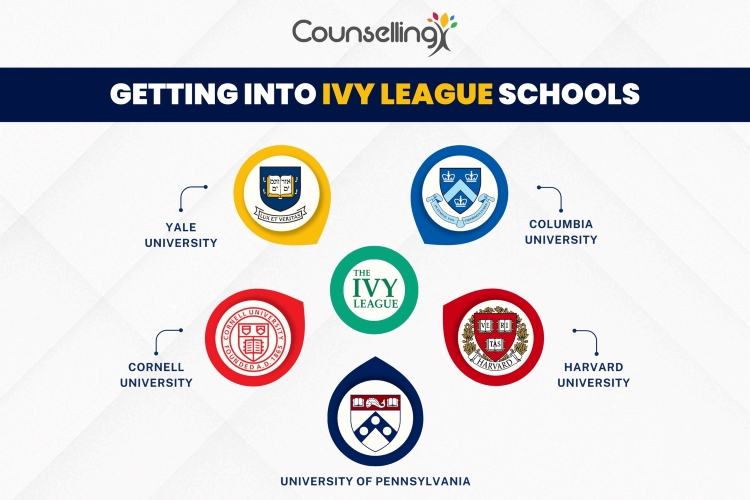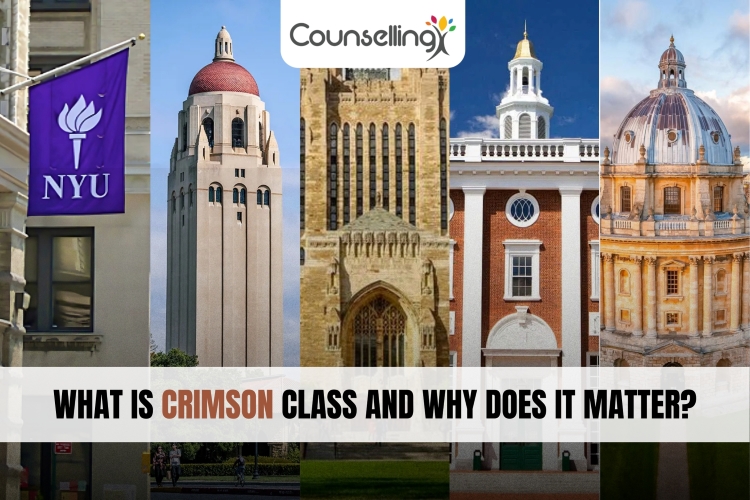Securing a world-class education abroad often comes with a hefty price tag, but Canada, with its globally respected institutions and student-friendly policies, also opens doors through a wide range of scholarships. For bright, ambitious international students, these opportunities can significantly ease the financial burden and offer a smoother path toward academic success.
Whether you're planning undergraduate studies, a postgraduate programme, or research-focused education, this guide takes you through everything you need to know about scholarships in Canada: the types available, how to apply, tips to strengthen your application, and insider insights that often go overlooked.
Why Canada Stands Out for Scholarship Seekers
Canada has steadily emerged as one of the most sought-after destinations for higher education. The appeal isn’t just the academic excellence, cultural inclusivity, or post-study work opportunities — it’s also the multitude of scholarships tailored for international students. These aren’t limited to a few top achievers. From merit-based and need-based awards to university-specific and subject-focused scholarships, there's a wide spectrum designed to support diverse student profiles.
But here’s the catch: most students either don’t know where to look or apply too late. That’s where informed guidance — and expert counselling — can make all the difference.
Types of Scholarships Available in Canada
Understanding the classification of scholarships helps streamline your search and ensures that you target the most suitable options.
|
Type of Scholarship |
Description |
Typical Award Range
|
|
Merit-Based Scholarships |
Awarded for outstanding academic achievements or talents in sports, arts, or leadership. |
CAD 5,000 – CAD 50,000 |
|
Need-Based Scholarships |
Offered to students from financially challenged backgrounds, based on demonstrated need. |
CAD 2,000 – CAD 25,000 |
|
University-Specific Awards |
Provided by individual universities for specific programmes or departments. |
Varies by institution
|
|
Federal or provincial governments fund |
Government Scholarships to attract international talent |
Fully or partially funded tuition |
|
External/Private Scholarships |
Provided by foundations, NGOS, or private companies, often with unique eligibility criteria. |
CAD 1,000 – CAD 30,000
|
|
Research Grants |
Typically for postgraduate or doctoral students conducting research in specific fields. |
CAD 10,000 – CAD 100,000+ |
Popular Scholarship Programmes
Here are some of the most prominent scholarships that have consistently helped students carve out successful careers:
|
Type of Scholarship |
Description |
Eligibilty |
Typical Award Range
|
|
Vanier Canada Graduate Scholarships |
This prestigious programme targets world-class doctoral students, recognising academic excellence, research potential, and leadership. |
Doctoral-level students; strong academic and research track record |
CAD 50,000 per year for three years |
|
Lester B. Pearson International Scholarship |
Exclusively offered by the University of Toronto, this scholarship covers tuition, books, incidental fees, and full residence support. |
Exceptional academic record, creativity, and leadership qualities |
Full funding for the duration of undergraduate study |
|
University of British Columbia (UBC) International Scholars Programme |
UBC offers multiple scholarships under this umbrella, such as the International Leader of Tomorrow Award, designed for academically gifted students who demonstrate leadership and community service. |
Amount varies based on financial need |
Must be nominated by your school and apply to UBC |
|
Shastri Indo-Canadian Institute Scholarships |
This scholarship programme fosters academic exchange between India and Canada, supporting both undergraduate and postgraduate research. |
Indian citizens enrolled in recognised institutions |
Partial grants for research or courses |
|
Commonwealth Scholarship and Fellowship Plan |
Ideal for students from Commonwealth nations, this is particularly relevant for Master's and PhD aspirants. |
Government of Canada in collaboration with home country |
Tuition, travel, and living allowance |
How to Apply: The Process Made Simple
Each scholarship has its nuances, but the general application framework often follows these stages:
Shortlist Relevant Scholarships — Begin by identifying scholarships aligned with your academic background, field of interest, and career goals.
Understand Eligibility Criteria — Some scholarships require specific test scores, community involvement, or a unique personal story.
Prepare Required Documents — Transcripts, statement of purpose, reference letters, proof of language proficiency, and a solid CV are commonly required.
Craft a Personalised Statement — This is your pitch — explain why you deserve the scholarship, your goals, and how you intend to contribute.
Track Deadlines Meticulously — Many scholarships close months before course start dates; missing them could cost you a year.
What Makes a Scholarship Application Stand Out?
A high GPA and glowing references help, but they’re just the basics. Here's what truly sets an application apart:
Authentic Storytelling — Admission officers want to hear your voice. Share experiences, challenges, and aspirations that shaped your journey.
Clarity of Purpose — Explain not just what you want to study, but why and how it aligns with your long-term vision.
Alignment with Sponsor’s Goals — Understand the values behind the scholarship. If it's focused on social impact, highlight your volunteering or activism.
Top Canadian Universities Offering Scholarships
|
University |
Notable Scholarships |
|
University of Toronto |
Lester B. Pearson International Scholarship |
|
University of British Columbia |
International Major Entrance Scholarship, Outstanding International Student Award |
|
McGill University |
One-Year Entrance Scholarships, Major Entrance Scholarships |
|
University of Alberta |
International Admission Scholarship, Gold Standard Scholarship, |
|
University of Waterloo |
President’s Scholarship of Distinction, International Master’s Award of Excellence |
Each university has its own application timeline and criteria, and competition is fierce. Applying early and correctly is essential.
Is It Possible to Study in Canada for Free?
Technically, yes — but it’s rare. If you’re exceptionally talented, you may receive full funding through a combination of scholarships, assistantships, and grants. However, these are highly competitive, and the process requires a polished, proactive strategy.
This is where the guidance of seasoned admission counsellors proves invaluable. From choosing the right programme and crafting a winning application to navigating visa formalities, expert support can bridge the gap between hope and achievement.
What Scholarships Usually Don’t Cover
Most scholarships focus on tuition and academic expenses. However, students must budget for:
Accommodation — CAD 800–1,500 per month
Food and groceries — CAD 200–400 per month
Transport — CAD 80–150 monthly (public transit)
Books and supplies — CAD 500–1,000 annually
Miscellaneous — Health insurance, personal expenses, etc.
While scholarships ease a significant portion of financial stress, knowing what’s left uncatered helps you plan better, or seek alternative funding sources.
How to Boost Your Chances
Instead of merely applying to more scholarships, focus on applying smarter. Here's how:
Custom every application — Avoid generic essays. Every sponsor values different traits.
Leverage your background — Whether it’s community service, family hardships, or a unique skill, use it as a strength.
Use strong references — Academic mentors, employers, or project supervisors who truly know your capabilities can make a huge difference.
Don’t wait for results — Apply to multiple options in parallel; diversify your chances.
The Role of Admission Counsellors
Scholarships are not just about filling forms — they’re about telling a convincing story. A good counsellor helps you:
• Identify realistic and high-impact scholarships based on your academic profile.
• Shape your narrative into compelling, coherent essays and statements.
• Review documents for accuracy and alignment.
• Ensure nothing is missed, especially the small details that could derail an otherwise strong application.
Having someone who’s been through the process hundreds of times helps you avoid rookie mistakes and boosts your confidence.
Your Next Step Could Be the Break You’ve Been Waiting For
Scholarships in Canada are more accessible than most students realise — but only if you know how to find, prepare for, and apply to them effectively. While the journey may seem complex, you don’t have to do it alone.
We’re here to help!
From shortlisting the right universities and scholarships to crafting applications that stand out, our expert team is committed to giving you the best shot at success.
Ready to take your first step towards studying in Canada, fully funded? Let’s make it happen, together.
FAQs
1. How much percentage is required to get a scholarship in Canada?
There’s no universal cut-off, but most merit-based scholarships at top Canadian universities require an academic average of 80% or higher (equivalent to a GPA of 3.0 on a 4.0 scale). Highly competitive scholarships like the Lester B. Pearson or Vanier often seek students with 90%+ scores along with leadership or research experience. According to UBC’s admissions data, students receiving major entrance scholarships typically fall in the top 5% of their graduating class.
2. Can international students get full scholarships in Canada?
Yes, full scholarships are available, though they are highly competitive. Programmes like the Lester B. Pearson International Scholarship (University of Toronto) and UBC’s International Scholars Programme offer full tuition, accommodation, and living expenses for the entire duration of the course. Less than 2% of international students in Canada receive fully funded scholarships, according to Universities Canada, making strategic application essential.
3. What are the easiest scholarships to get in Canada for international students?
“Easiest” depends on your profile, but automatic entrance scholarships are a good starting point, they’re awarded based on academic performance at the time of admission without a separate application. Universities like the University of Manitoba, University of Calgary, and York University offer such awards. Over 65% of international students at some Canadian universities receive automatic entrance awards valued between CAD 1,000 and CAD 5,000.
4. Which Canadian university gives the most scholarships to international students?
The University of British Columbia (UBC) is often ranked highest in terms of international student funding, distributing over CAD 30 million annually in awards, scholarships, and financial assistance to international undergraduates. As of 2024, UBC awarded scholarships to over 20% of its international undergrad population, making it one of the most scholarship-friendly institutions.
5. What is the deadline for Canadian scholarships in 2025?
Scholarship deadlines vary by university and programme, but most major scholarships for Fall 2025 intake have deadlines between December 2024 and February 2025. For example:
• UBC International Scholars Programme: 15 January 2025
• Lester B. Pearson Scholarship: School nomination by 15 November 2024, student application by 15 January 2025. Missing deadlines is one of the top reasons why over 40% of eligible students fail to secure scholarships.

